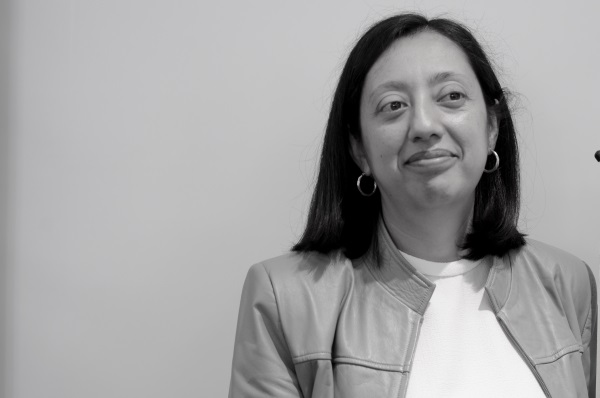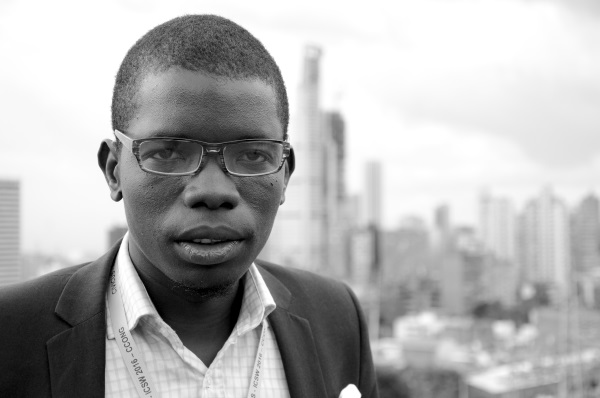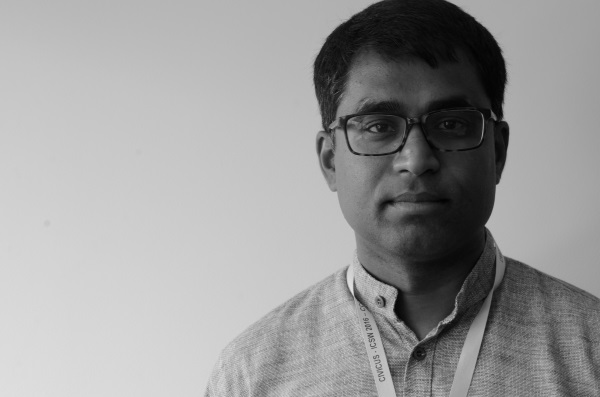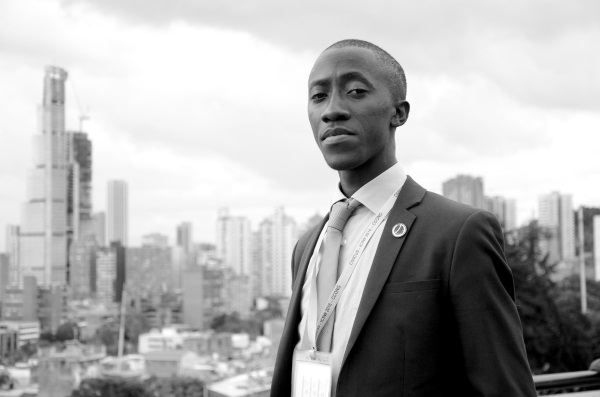In a world fraught with inequality, injustice and little hope for change, it is young people leading the charge for change. From South Africa to India, Colombia and even the United States, young people are at the forefront, demanding new answers to old problems. But are young people managing to tell their stories? Are older, more traditional civil society structures willing to include youth? What role can young people play? And, most importantly, is anyone listening? THE DAILY VOX spoke to youth activists and veteran civil society leaders during International Civil Society Week, to find out more.
Why is it important for young people to become active citizens?
Raquel Rosenberg, Brazil: It’s important for young people to get involved, and especially for the issues that we work on. We are the ones who are going to face everything, not only in the future but in the present. The things that are being negotiated right now are consequences of the defects of what the past generations have done. We are the ones who have to fix the problems our parents and grandparents left for us.
The cliché is that we are the ones who are going to be running everything in the future. But I think more than this, young people today have not only the methods and the technology to do what we need to do, but also all the power in our hands because we know we can do it and also the energy to do so. So it’s much better to have young people building things right now in the present because all the innovation and the necessary knowledge to bring new ideas and ways to do it are in the hands of young people.
Does civil society acknowledge the role young people can play in civil society?
Liliana Rodriguez Burgos, Colombia: One thing that I want to stress is that we have new forms of communication and participation of civil society that are taking place. Young people must show what they are doing but it is necessary that other people do the same thing with the job that they are doing. We have to recognise what the young people are doing because they are many things.
We have to move forward to the participation and to recognise the participation of the young people because they have many forms of participation but we are ignoring them.
Why are you an active citizen?
Julien Retend, Gabon:Â I am because as a citizen, you have to act to make sure our politics do the right thing for us because we have many promises but no concrete action. Then you have to follow up and review.
Young people should join because more than 50% of the people in the world are youth. Someone said youth are the future, and the many issues in our country are faced by the youth. So you assume you have to get involved in civil society organisations to reclaim our rights.
In my country, we have some difficulty about the situation of the society. Ss they say you are youth, you have to stay and wait. Then you cannot just stay – you need to act also.
What role can young people play in civil society?
Dhananjayan Sriskandarajah, Sri Lanka: There is a new generation of new activists today and that are not interested in forming non-governmental organisations. They think of themselves as activists, spontaneous as dipping in and out of movements and causes, not as creating an NGO to become a lifelong card-carrying member of any organisation.The challenge to us in civil society is we need to tap into that energy. This is a generation that has a thirst for participation that’s unrivalled in human history, because in most of history we have thought of ourselves as subjects kow-towing to authority. We can emancipate ourselves through this generation. We need to find to mechanisms through which they can express this passion and lead to better outcomes.
Why is civil society important and should youth be involved?
Ibrahim Youla Prong, Guinea-Conakry: Civil society is very important because these organisations have the role of holding government to their decisions and ensure they are real in their engagements. But here [in Bogota], I’ve learnt many lessons from other organisations from across the world.
I’ve learnt the good approach on how we can work together to create the linkage between the foundation, local organisations, civil society organisations, local community and the youth activists to work to impact the world through action, mobilisation and other activities. I would say that it is not easy for a young person to join a civil society organisation – it’s not easy to come to Bogota and benefit support from CIVICUS. I think it will be good to give the opportunity to other young people who don’t have the financial support to be here and deliver their energy and engagement for the civic space. I’ve discussed with many young people – from Costa Rica, from Canada, from many countries – and I’ve learnt many things from them.

![ICSW2016 youth collage [slider]](https://www.thedailyvox.co.za/wp-content/uploads/2016/04/Collages5.jpg)












